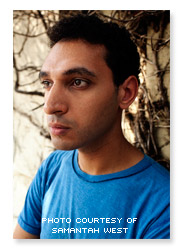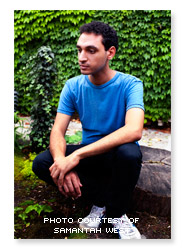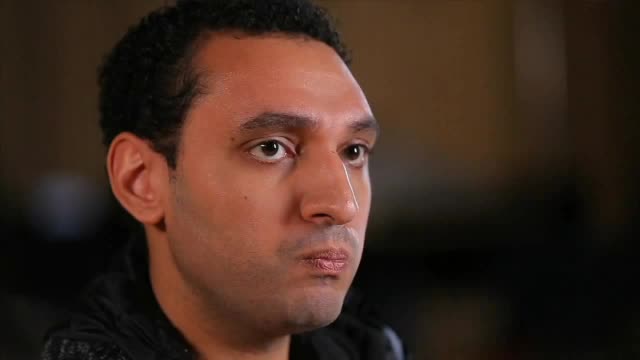

Mohammed Fairouz, born in 1985, is one of the most frequently performed, commissioned, and recorded composers of his generation. Hailed by The New York Times as “an important new artistic voice” and by BBC World News as “one of the most talented composers of his generation,” his large-scale symphonies, operas and oratorios all engage major geopolitical and philosophical themes with persuasive craft and a marked seriousness of purpose. Fairouz recently became the youngest composer in the 115-year history of the Deutsche Grammophon label to have an album dedicated to his works with the spring 2015 release of Follow, Poet. The album, which launched the label’s Return to Language series, includes two works that exalt the transformative power of langua...
| Title | |
| FAIROUZ, M.: Symphony No. 4 (University of Kansas Wind Ensemble, Popiel) (interview session) (from Naxos 8.573205) | |

|
FAIROUZ, M.: Symphony No. 4 (University of Kansas Wind Ensemble, Popiel) (interview session) (from Naxos 8.573205)
Composer:
Fairouz, Mohammed
Artists:
Popiel, Paul -- University of Kansas Wind Ensemble
Label/Producer: Naxos Video Footage |
